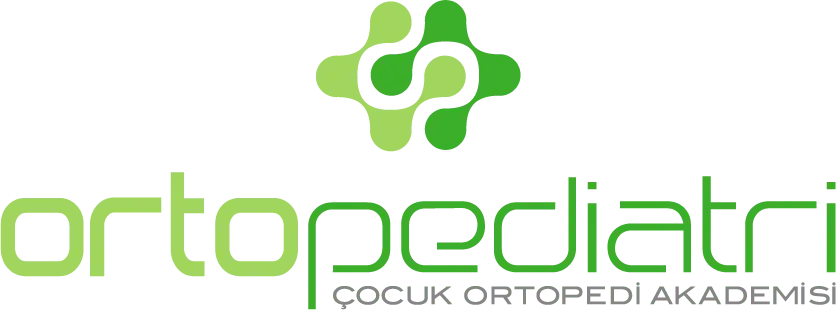Multiple hereditary exocytosis is a genetic disorder associated with abnormal function of the adrenal glands, which affects the development of bones. This can affect the growth and structure of bones. Multiple hereditary exocytosis is a rare disease, with an actual incidence of approximately 1/50000.
Symptoms of Multiple Hereditary Exocytosis
There may be curvatures of the legs, short stature, weakness and deformities in the bones, curvature of the spine and abnormalities in other bone structures.
How Can Families Recognize?
Families should consult an orthopedic specialist if they notice symptoms such as gait disturbances, short stature or spinal curvature in their children. Diagnosis can be made by physical examination and imaging studies.
Do they have types?
There may be different types of multiple hereditary exocytosis, but from an orthopedic point of view, the emphasis is on the marked abnormalities in the patient’s bone structure and their severity.
Treatment of Multiple Hereditary Exocytosis
Treatment is usually focused on symptom management. Orthopedic treatment options may include surgery to correct curvatures in the legs, the use of orthotics or prostheses, physical therapy and other rehabilitation methods.
Do I Need Supportive Devices, Therapy?
In some cases, supportive devices may be necessary to correct or support bone deformities. Physical therapy and rehabilitation therapies can also help improve bone health.
In Which Situations and When Is Surgery Performed?
Surgical intervention may be required for corrective orthopedic surgery, especially if there are significant curvatures of the legs or other severe bone deformities.
What You Need to Know
Multiple hereditary exocytosis is a rare genetic disorder that causes orthopedic problems. Treatment is usually aimed at controlling symptoms and promoting bone health. Long-term follow-up and a multidisciplinary approach are important.

